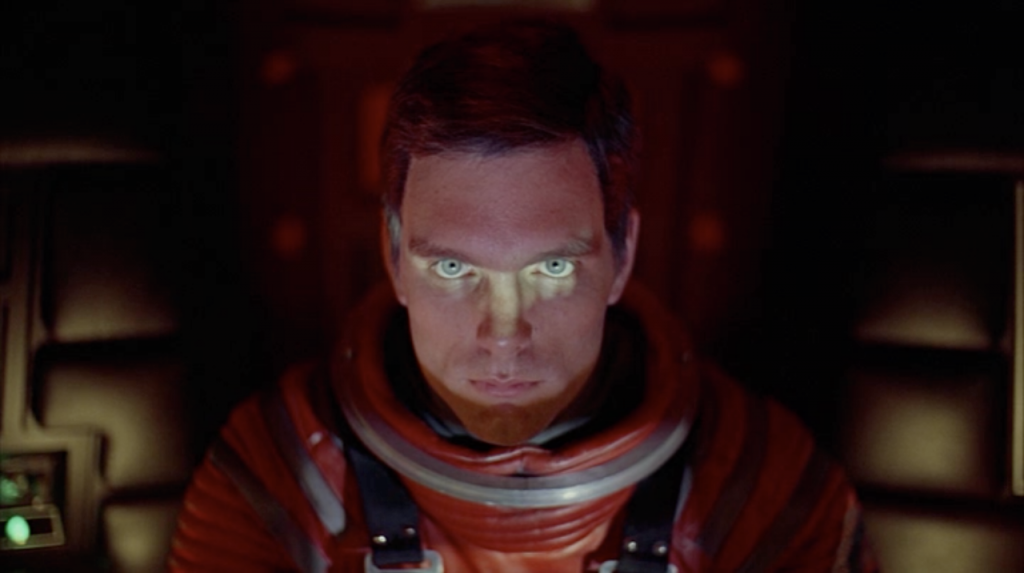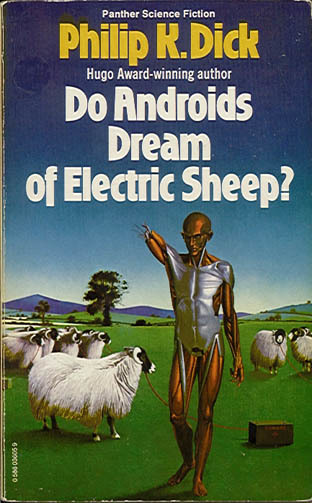Do all stories need well-developed, complex characters? In his introduction to the 2020 edition of Arthur C. Clarke’s Rendezvous with Rama, author Cixin Liu praises every aspect of the novel but one: Rama, he writes, “contains no deep characters at all, characters whose interior lives we would find fascinating or recognizably human.” It’s true—Rama’s characters are remarkably wooden. None of the astronauts on a mission to explore an abandoned alien spacecraft have very distinctive features or a dynamic arc, which we might expect from good writing. Operating on the assumption that every good story must have equally good characters, Liu rationalizes Rama’s poignancy by claiming that its real main characters are the alien spaceship and the reader themself. This seems like a roundabout way to explain things. In fact, since the book works very well in its current state (it exists to inspire awe and Liu certainly acknowledges its success on that front), it may well have never needed dimensional characters in the first place.
Weak characterization is a criticism often levelled at science fiction. It’s pleasant to read about compelling characters who have defined goals, change over the course of a story, and are well-distinguished from each other by specific traits. Nonetheless, science fiction, especially hard science fiction, tends to ignore one or more of these attributes. Hard science fiction is distinguished by its attention to the technical and scientific aspects of the world it depicts and often, though not definitionally, doesn’t bother with making its characters interesting. But what criticisms of this fact fail to acknowledge is that hard science fiction’s lack of characterization is often a consequence of its main aim, which is to explore a conceptual or technological idea. So long as this aim is achieved, then, compelling characters are not necessary.

For instance, indistinct, vaguely defined characterization sometimes directly serves the narrative’s themes. There is nothing special about astronaut Dave Bowman, who reads as a vacant model of a capable astronaut. He has no specific personality traits, goals, or significant emotional reactions, but this makes sense in the context of 2001: A Space Odyssey, a book interested in collective transcendence through technological development. Dave’s blandness actually makes him the perfect everyman stand-in for humankind as a whole. Similarly, Isaac Asimov’s Foundation is populated by nondescript henchmen and iterations of the same smart leader whose actions, though unorthodox, always turn out well. These characters are by no means “good” in the traditional literary sense, yet Foundation’s view of history as predictable and cyclic only works if the characters are as homogenous as they are. Dimensional characters are not appropriate to these stories, which rely on minimal characterization to deliver the intended message.
In other works, the characters are dull not because the narrative requires it but simply because vibrancy would be superfluous. This is the case in many short stories of the genre concerned with mapping out the full implications of a technological or theoretical concept. In stories like Ted Chiang’s “What’s Expected of Us” and Robert Sheckley’s “Warm,” the questions asked (What if we learned definitively that we have no free will? How much of reality do we create by playing along with it?) are more important than the person doing the asking. These pieces function as thought experiments above all, where the idea is meant to stay with the reader, not the details that only exist to frame it. The authors, therefore, tend not to expend undue effort on set dressing. Their nondescript approach to characterization does not dilute the message or hinder its delivery; in fact, focusing on the central question might even be easier without the distraction of salient characters.
Well-developed characterization in hard science fiction does, of course, exist. Crucially, though, its existence is not a condemnation of all stories populated by flat personalities. Criticism should not be the automatic reaction to the latter kind out of a belief that every story needs well-developed characters. Instead, it should be reserved for works where strong characters are essential and would add to what the work is trying to do.

Surprisingly, the argument of weak characterization as a flaw of hard science fiction stories is rarely ever flipped and directed at soft science fiction instead. The lack of technological description which defines soft science fiction as a subgenre could be criticized by a hard science fiction fan, who might call this absence implausible, lazy worldbuilding. But the tech is not the point of soft science fiction; its aims lie in using a constructed setting to explore some fact of human nature. No one cares how the humanoid robots of Do Androids Dream of Electric Sheep? work. Our interest, and Philip K. Dick’s, is in defining humanity in opposition to these robots. Ursula K. Le Guin’s Hainish Cycle novels, with their anthropological tone, need characters who change over the course of the narrative to show the influence society has on individuals. They don’t need explanations of the mechanisms behind interstellar travel or instantaneous information transmission, though, because these would contribute nothing to our understanding of character and theme. So the authors often omit such irrelevant specifics—and no one faults them for it.
In the case of soft science fiction, we recognize that technical details don’t always benefit the story. Why doesn’t hard science fiction get the same treatment when it’s weak on character? It may be because of our general expectations of literature. Technology is rarely mentioned outside of science fiction, so its absence doesn’t register as a loss, but character is seen as a fundamental element of all storytelling. Good characterization is by no means essential, though, even to stories outside the genre. Do the flat characters of fables, the archetypes of fairytales and the moral mouthpieces of parables make for bad stories? Why should they, if the work’s purpose is achieved without them?
The differing aims of hard and soft science fiction mean that the two subgenres naturally tend to emphasize different aspects of a narrative. Some authors, like Clarke, don’t give their characters unique voices because the works are not about character development. Instead, they use character to tell a broader story about technology, the unknown, and their dual impact on society. Soft science fiction focuses on human emotion, thought, and action, using technical details the way hard science fiction uses character: only to serve the bigger picture. Science fiction should be read graciously, keeping its subgenre- and story-specific objectives in mind. When approached this way, a story’s themes will become clearer and its value more evident. The metric for quality in science fiction should be the degree to which it provokes thought, not its ability to tick off literary boxes. That way, if Rendezvous with Rama manages to be effective and even captivating without compelling characters, it will come as absolutely no surprise.

As a scifi editor, I (strongly) feel there is a difference between an “average” or “bland” character and a badly defined one. A bland character is okay, because, as you point, sometimes the story is not about the characters. But a badly defined character will speak without a characteristic voice (the floor-sweeper and the professor will have the same grammar and vocabulary), will act without a clear purpose or psychological realism, etc. We see a lot of very bad characters (and sometimes very bad writing) in classic hard sf. It was ok at the times : writers didn’t know better and editor weren’t taking the genre seriously enough to make them work on characters, but it is not an excuse anymore. We can appreciate classic hard sf anyway, but we should not emulate it.